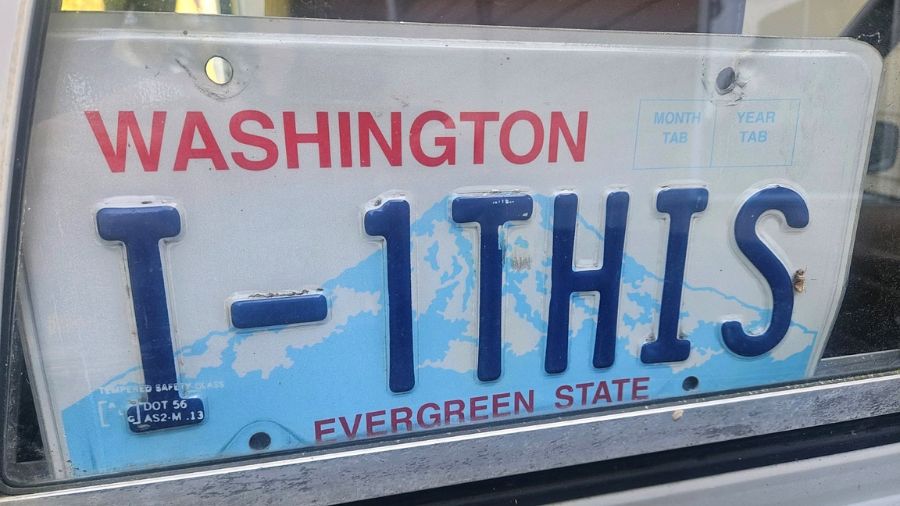Could the per-head business tax hurt Seattle staple Bartell Drugs?
Oct 30, 2017, 7:10 AM | Updated: 9:57 am

Seattle Councilmember Mike O'Brien proposed a new business tax on Seattle's biggest companies recently. (Seattle Channel)
(Seattle Channel)
A business tax proposed by two Seattle city council members would cost the city’s largest companies an estimated $100 per employee in an effort to raise funds to aid homelessness. It’s a fraction of the revenue for mega-retailers like Amazon or Starbucks, but the chair of historical, local chain Bartell Drugs is worried the tax could cause real harm to the company’s bottom line and its employees.
Proposed business tax targets Seattle’s largest companies
“I think when Councilmember O’Brien imposed this, I mean there’s this larger thought that, ‘Wow, well this is a tax on these companies paying $85,000 a year for a whole bunch of employees, maybe use that giant Internet retailer that exists here as an example,” KIRO Radio’s Mike Lewis said on “Tom and Curley.”
“This is Bartell’s, that has people who are not making that sort of money. And they’re a big company locally, but they’re not Amazon.”
Bartell Drugs has been a staple in Washington State for over 100 years. Founded in 1890, there are more than 67 stores today. The company’s dominant presence and revenue as a local business means Bartell Drugs falls into the category of companies that would be required to pay the tax.
But those costs can add up quickly. Bartell Drugs brings in around $420 million in revenue — compare that, though, to national drug stores like CVS, which earned $177.5 billion in 2016. In a letter obtained by KIRO 7 News, company chairman George Bartell wrote about the potentially harmful effect of the city’s taxes and rising costs for the longstanding franchise:
“I urge you to abandon the idea of a head tax. We are a significant employer here in Seattle and we reached a breaking point on the city-imposed fees and costs. Instead, I ask you to spend the money already raised for homelessness prudently and effectively and that you continue to partner with the significant number of non-profit organizations that are rallying to confront this issue.”
Lewis and Tom Tangney both agreed that the tax may have been aimed at Seattle’s huge corporations while overlooking those who operate more closely to the margin.
For Lewis, that cumulative effect — something noted in Bartell’s letter — is what the council members who proposed the tax have overlooked.
“The problem sometimes when another tax is proposed on business in town … what bothers me the most is that they’re always proposed in a vacuum,” Lewis said. “Like, ‘this is a tax that’s going to do this for this,’ … just be a little bit more candid with people and say, this will be on top of the four other things we’ve actually added this year or the ten other things we’ve added over the last three.
“There’s never really a discussion of the cumulative effect. I’m a supporter of homeless programs, but I find this sort of thing like, Well, wow, where is the pocket deepest, let’s just sort of rifle through that, and that’s the problem, I think, with this proposal.”














